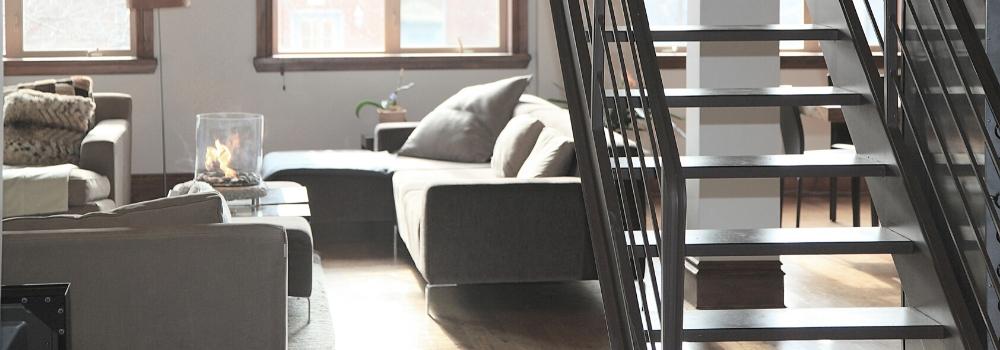By Zoocasa
Condo living is quickly gaining popularity, and is often the first choice for first-time buyers due to its relatively affordable price point, favourable locations, and convenient amenities such as gyms, pools, and social gathering areas. But buying a condo unit can differ quite a bit from purchasing a freehold house, as homeowners will become part of a condo corporation, and will need to pay fees and abide by specific rules.
If you are on the hunt for your perfect condo, here are six important considerations.
Finances
Before you even begin to search for your new condo, it is necessary to figure out how much you can afford monthly, whether it be for a mortgage or for rent. A good way to get a feel for what your budget can get you before actually going out to the market is to take a look at sold prices in Toronto. Remember to factor in any monthly condo board and maintenance fees into your budget as well.
It’s also important to take a look at the financial health of the condo corporation by ordering and reviewing its status certificate before making your purchase. This document will outline how much money is currently in the corporation’s reserve fund, whether there are any large improvement projects slated in the future, and whether the building could be at risk for a special assessment. This is an emergency collection of funds from unit owners to cover the cost of large repairs, insurance premium hikes, etc., and can total thousands of dollars in some cases. If buying into a building with these risks outlined, be sure to have these contingency funds at the ready.

Location
When you begin to look through Toronto real estate listings, the neighbourhood that you choose to relocate to is one of the main considerations to think about. Condos tend to be located in areas that are in close proximity to restaurants, shopping centres, and grocery stores. Because they tend to be in thriving, lively neighbourhoods, it’s important to ensure the area will be best for your lifestyle. Perhaps you want to live in the city and closer to work to cut down on your commute, or you may be looking for a quieter neighbourhood in the suburbs; where you choose to live should coincide with how your household operates.
Condo Rules
When it comes to condo living, owners generally have control over the inside of their units—but all common areas, such as hallways, amenities, and even balconies, tend to fall under the purview of the condo board. This board governs and maintains the building to ensure that all residents in the building can live comfortably. The condo board can set out rules regarding anything to do with the building itself including, but not limited to, visitors, property use, and common areas.
To list a few examples, if you are a pet owner, it would also be advisable to learn whether or not you will be allowed to keep them while living in the building—some may have restrictions on the number or size of pets. Some condos may also enact quiet hours so this is something to think about if you enjoy having people over late.
Building Amenities
Living in a condo will require a monthly fee to tend to the upkeep of common areas within the building. This can include maintaining resident and visitor parking, garbage collection, and snow removal along the sidewalks and entrances. Most buildings also include a gym, pool, entertainment spaces, and party rooms. While having these extra amenities can bring additional enjoyment to your daily living, you’ll be paying for the privilege. If you’d rather not pay higher fees, look for a building that doesn’t come with such amenities.
Unit Size
While condos tend to already be smaller in comparison to detached houses and townhouses, it’s important to consider the size of your living space; could that smaller square footage really work for your furniture set up and lifestyle?
If you work from home, for example, you may want an extra room to set up a home office. If you enjoy having guests over, you might prefer to have a larger kitchen and living area to accommodate a larger party. Or, if you want a cozier space and are not planning on having many people over at a time, a smaller space may be of greater interest to you. As with your home location, your lifestyle habits should determine how big or small of a space you choose.

Property Insurance
Having property insurance, whether it be condo or tenant insurance, is important to ensure that you are protected from risks that can occur. Buying a condo as a home will often require that you get a mortgage and, in most circumstances, lenders will only approve a mortgage loan if home owners have home insurance. If you are renting a condo, just because you don’t own the property doesn’t mean that you don’t need home insurance. Tenant insurance is recommended for renters in order to protect their belongings in the event of a problem arising during your tenancy.
Moving is a big decision so doing your research can help you to make the best decision for you. The Canada Mortgage and Housing Corporation, for example, has many great tools, such as their Condominium Buyers Guide, in order to help those who are on the hunt for their next home. If you are currently searching for your dream condo, consider these factors to help you find your next home!




